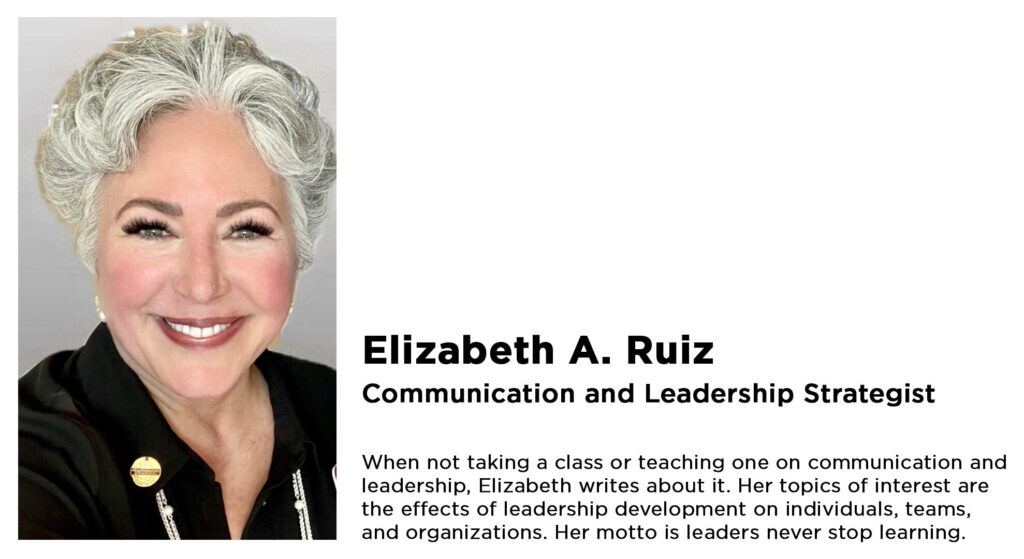Embracing the Future: The Best Jobs in 2024
As we enter the future, the job market continues to evolve, shaped by technological advancements, changing societal needs, and emerging industries. In 2024, certain professions are poised to shine brighter than ever, offering exciting opportunities for individuals ready to adapt and thrive in this dynamic landscape. Let’s explore some of the best jobs that are expected to be in high demand and significantly impact the workforce in 2024.
1. Artificial Intelligence and Machine Learning Specialists
With the increasing integration of AI in various industries, specialists in artificial intelligence and machine learning are expected to be highly sought after. These professionals will play a crucial role in developing and implementing AI solutions, improving efficiency, and driving innovation across healthcare, finance, and manufacturing sectors.
2. Renewable Energy Engineers
The demand for renewable energy engineers is rising as the world intensifies its focus on sustainability and combating climate change. Jobs in this field involve designing, implementing, and maintaining clean energy solutions, including solar and wind power systems. With an emphasis on green initiatives, these professionals will contribute significantly to a more sustainable future.
3. Data Privacy and Cybersecurity Experts
As technology advances, so does the need for individuals who can protect sensitive information and secure digital assets. Data privacy and cybersecurity experts will continue to be crucial in safeguarding against cyber threats, ensuring data integrity, and developing strategies to counter evolving risks.
4. Healthcare Professionals
The COVID-19 pandemic has underscored the importance of healthcare professionals and the demand for skilled individuals in this field is expected to persist. Roles such as nurses, doctors, and healthcare administrators will continue to be in high demand, with an increasing focus on public health and preparedness.
5. Augmented Reality (AR) and Virtual Reality (VR) Developers
The immersive experiences provided by AR and VR technologies are gaining traction in various industries, from gaming to education and healthcare. Developers in this field will find ample opportunities to create innovative applications, simulations, and training programs that enhance user experiences in both virtual and augmented environments.
6. E-commerce Specialists
The shift towards online shopping has accelerated in recent years, and professionals specializing in e-commerce will be in high demand. This includes roles such as digital marketers, logistics experts, and customer service representatives who understand the intricacies of the online marketplace.
7. Remote Work Facilitators
The pandemic has reshaped how we work, and remote work will likely remain a prominent feature of the job landscape. Professionals specializing in facilitating remote work, such as virtual collaboration tools, project management platforms, and cybersecurity for remote teams, will be essential for the evolving workplace.
As we look ahead to 2024, the job market presents diverse opportunities for individuals with the right skills and mindset. Embracing technological advancements, staying adaptable, and acquiring expertise in emerging fields will be vital to thriving in the rapidly evolving job landscape. Whether you’re passionate about artificial intelligence, sustainability, or virtual experiences, the future holds exciting possibilities for those ready to seize them.
Connect with Elizabeth on LinkedIn.










